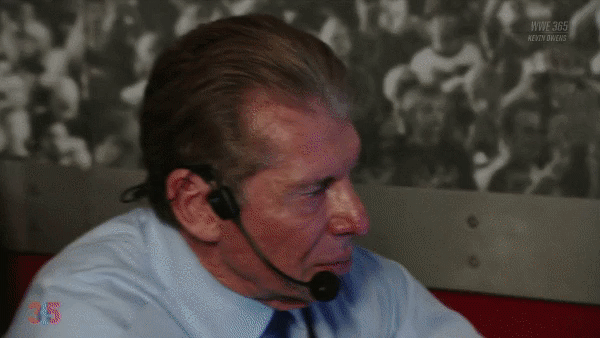Why The WWE Network FAILED

They were only perversely interesting.
Kevin Owens asked Vince McMahon if he liked his WrestleMania 33 match. Vince shook his said "No," seething in silent fury. Ricochet insisted, between footage of his own decline, that he was still happy to be there. In Liv Morgan, barely and erratically used, there wasn't even a subject to cover. Dean Ambrose's Chronicle portrayed a man plagued by doubts over who he wanted to be, and becomes fascinating in retrospect, looking at his rebirth as Jon Moxley. The man is mulling over his decision to leave on a documentary covering his big comeback. WWE, in effect, recorded its own decline and sold it, inexplicably, as something to promote. For £9.99 a month!
This "original content" was meant to supplement and deepen our connection with WWE's stars. It just made you wonder why you bothered, in the end.
WWE exists now as a bloated and homogenised content factory coveted by streaming services under a ballooning WalMart-adjacent model in which volume trumps art. The vast library and the streaming framework were made for one another, as President & Chief Revenue Officer Nick Khan so astutely surmised.
The Network failed because the content did.
The End.
Except it doesn't work like that anymore. Increasingly, it's hard to figure out how it does at all.